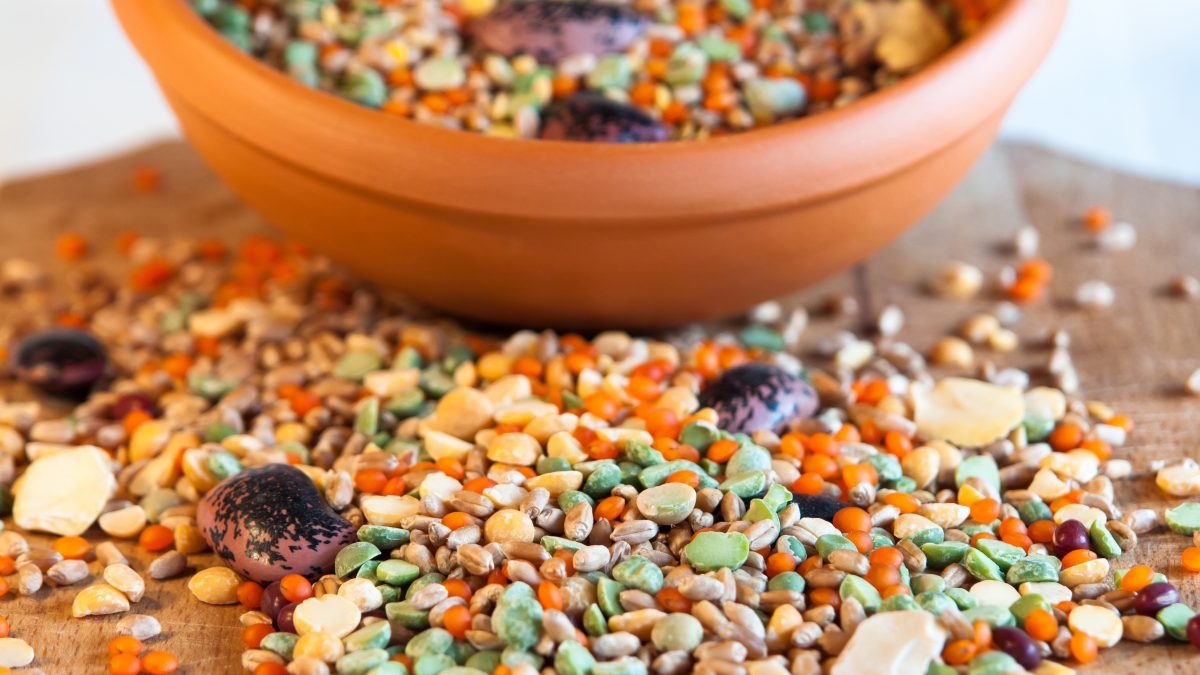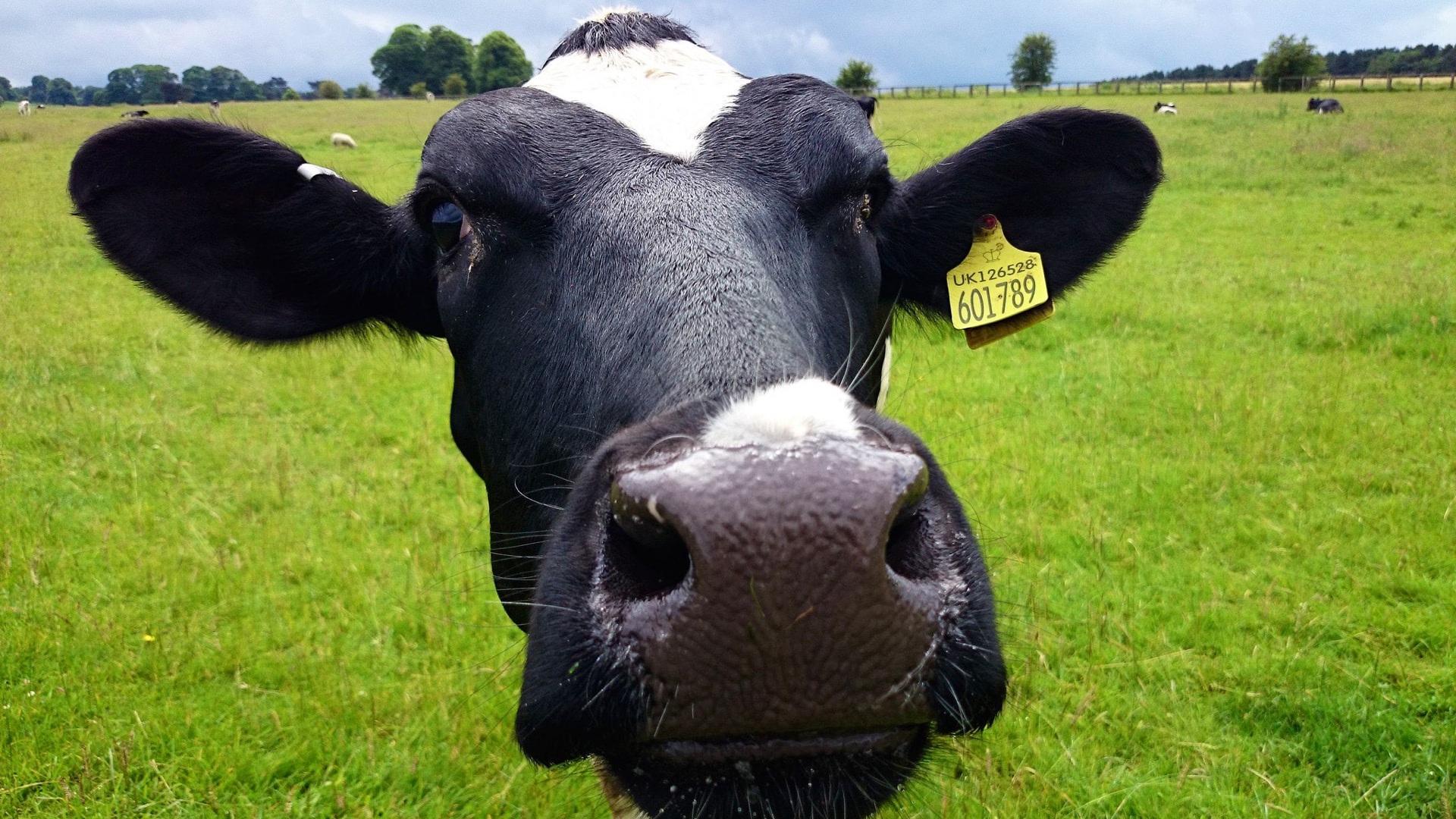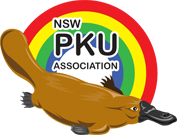I read that to get complete protein (all the amino acids) all you need is a peanut butter sandwich with 100% whole wheat bread. I'm wondering if it is really that simple, as I like how easy it is to make a peanut butter sandwich and doesn't take any cooking. I often eat half a peanut butter sandwich a day but wonder if that is enough.
I also read online that Clif bars are complete proteins too. Is eating only one Clif bar a day for protein enough?
I also think I read that black beans with maybe brown rice is complete but I don't really like cooking much.
I also read online that Clif bars are complete proteins too. Is eating only one Clif bar a day for protein enough?
I also think I read that black beans with maybe brown rice is complete but I don't really like cooking much.




